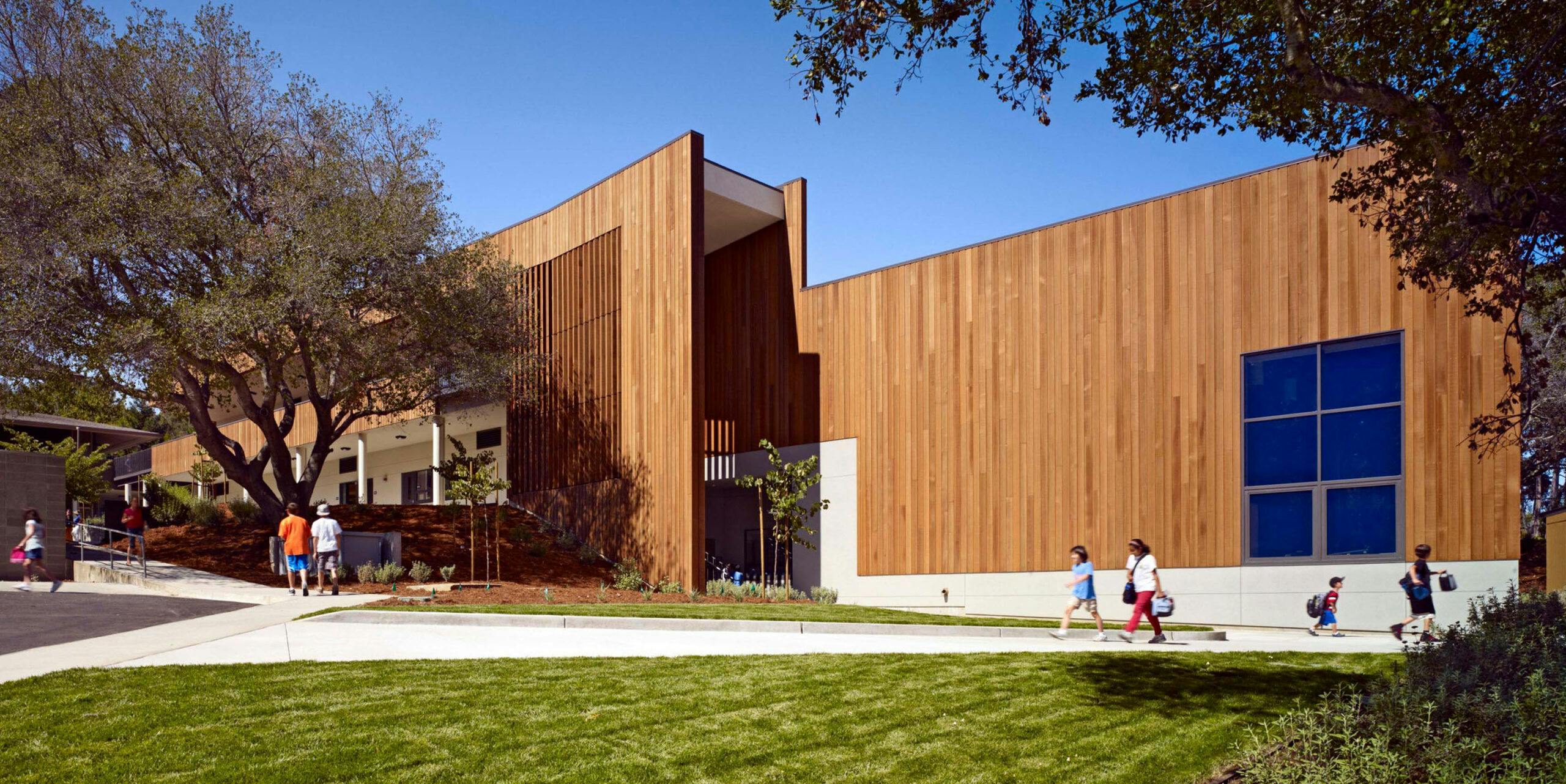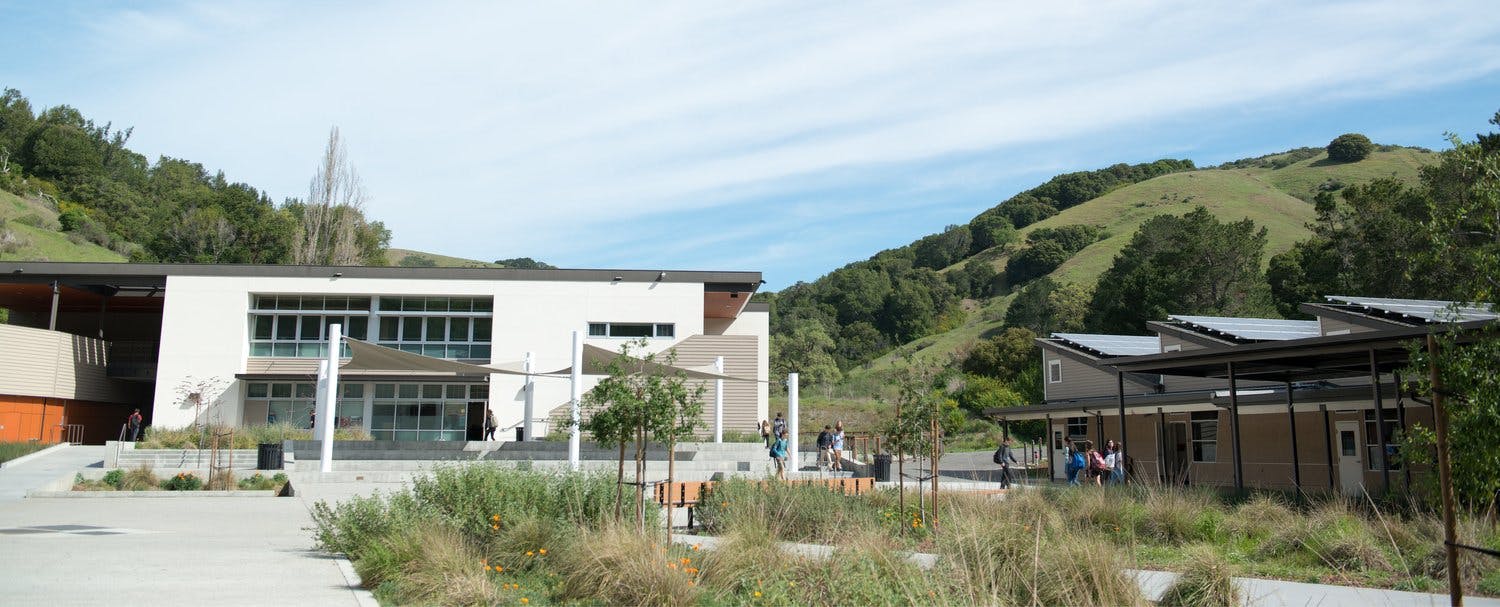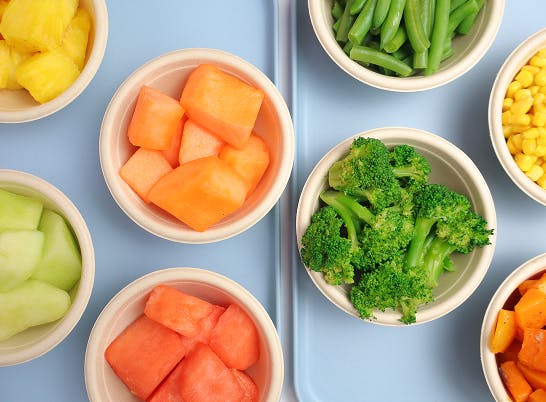When Kamala Harris selected Minnesota Governor Walz as her running mate, the issue of universal free school meals took center stage. Walz recently signed legislation making school meals free for all students in Minnesota, which then begs the question: Could a Harris-Walz administration bring universal free school meals nationwide?
As the topic becomes contested between political parties, the future of universal school meals hangs in the balance. Read on to know what could be in store for providing nutritious school meals for all in the upcoming election.
What are universal school meals?
Universal school meals ensure that every student, regardless of family income, receives free breakfast and lunch. Unlike traditional federal lunch programs, universal school meals have no eligibility criteria. As long as you’re an enrolled student at a school offering this program, you get two free meals every school day. Their funding comes from a combination of federal aid through the USDA and supplemental state funds.
How are universal school meals funded?
Generally, public schools receive federal subsidies based on students’ financial backgrounds.
- Families earning below 130% of the poverty line qualify for free meals, with reimbursement rates ranging from 42 cents to $4.54 per meal.
- Families earning between 130% and 185% pay reduced prices, typically 40 cents for lunch.
- All other students pay full price, usually around $3 per meal.
In states with universal free meals, local governments cover the gap, ensuring that no student pays for their lunch or will have to go into debt to eat.
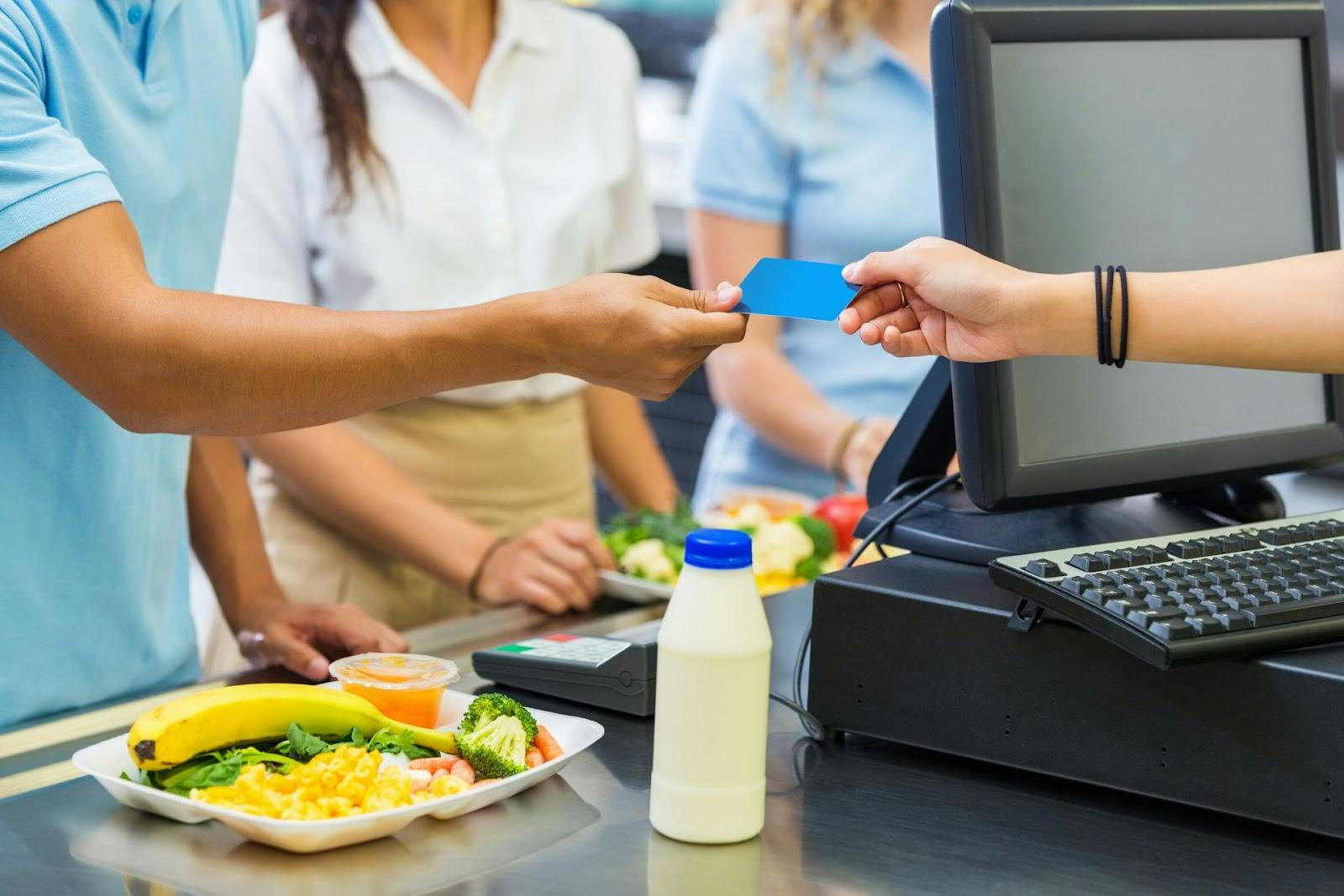
The Growing Popularity of Universal School Meals
During the COVID pandemic, the Trump administration introduced temporary free school meals for all students, which ended in 2022. A few states chose to continue the policy by adding state funding alongside federal money.
Today, eight states—California, Colorado, Maine, Massachusetts, Michigan, Minnesota, New Mexico, and Vermont—offer universal school meals to all students, with encouraging results. Early research shows universal school meals not only reduce hunger among students but also lower child obesity rates and improve academic performance, to name a few.
The Political Divide: Advocates vs. Critics
While universal free meals are gaining traction in blue states, they’re not without controversy. Republican lawmakers have raised concerns about the cost of providing free meals to all students, including those who can afford to pay. Critics argue that public funds should not be spent on students who do not need financial assistance. Additionally, they point out that rising food costs and increased participation rates could strain state budgets.
As a result, proposed bills for universal school meals in states like Oregon, South Dakota, and Wisconsin got delayed or rejected. Despite the pushback, many municipalities and schools themselves are announcing free school meals for all, such as in Oregon, where 70% of schools are already providing free meals for all.
The 2024 Election: Who will champion universal school meals?
With Democrats leading the push for universal school meals, Kamala Harris appears more likely to adopt the program if elected. While her campaign hasn’t formally addressed the issue, her stance on food accessibility and support for local agriculture align well with the goals of universal meal programs.
The current administration has already expanded the USDA’s community eligibility provision, allowing schools with 40% of low-income students to offer free meals to all. Family income is no longer considered, parents won’t have to fill out application forms, and schools won’t need to process lunch accounts. Under her term, Harris could take this a step further and remove eligibility altogether.
On the other hand, Donald Trump is unlikely to support universal school meals. House Republicans have proposed replacing the current federal school meal program’s community eligibility provision with state block grants for child nutrition, shifting much of the responsibility for school meals back to individual states.
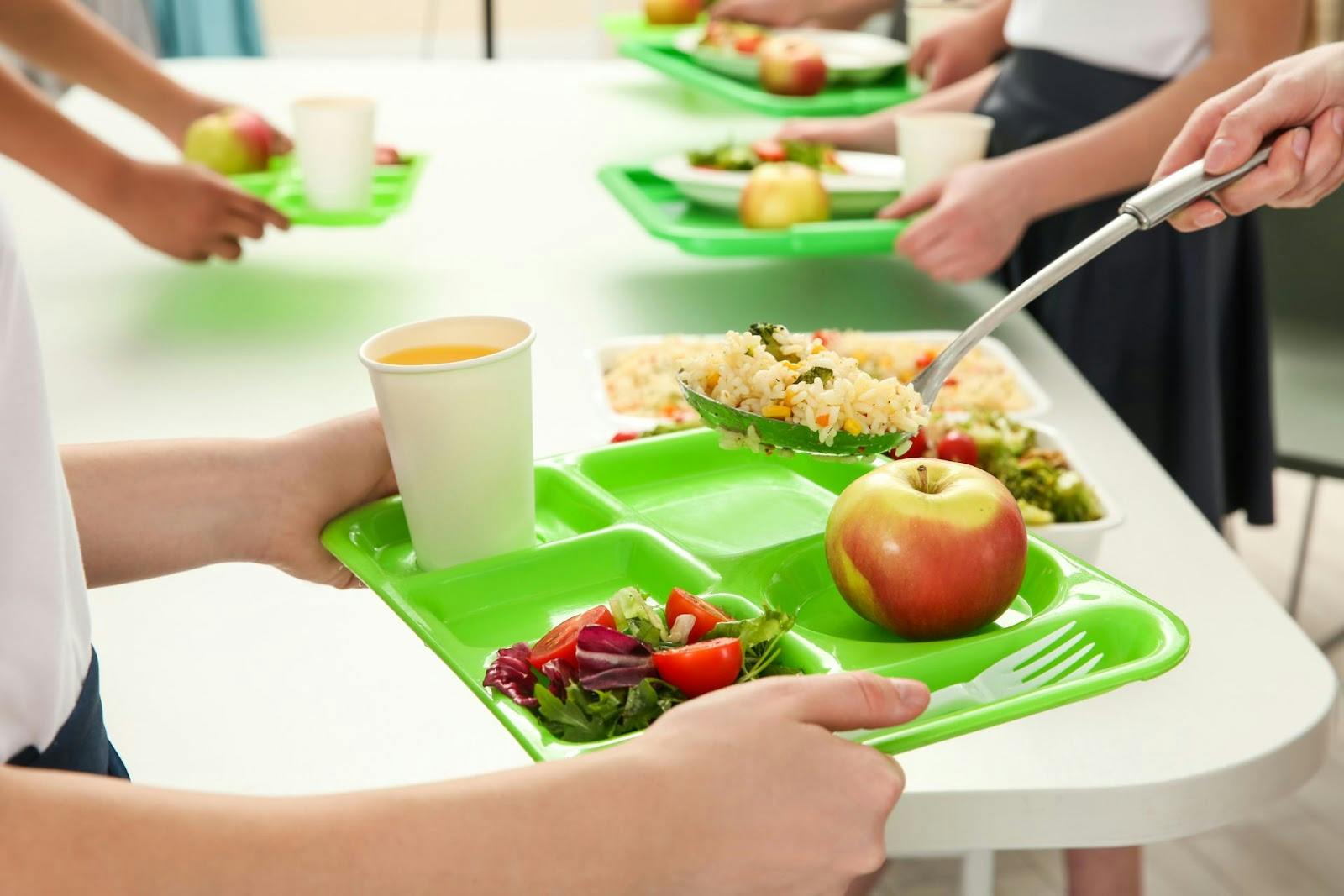
Why universal school meals matter
Universal school meals address a critical issue: hunger among students. Studies show that children who are well-nourished perform better academically, have fewer behavioral issues, and stay focused in class. For families who struggle but don’t qualify for federal aid, these programs provide much-needed relief and make daily expenses more manageable.
Aside from making food accessible, universal school meal programs eliminate the stigma linked with free or reduced-price lunches. By making meals available to all and not just a select few, no student will be singled out for their financial background. Schools can foster a more equitable environment where students can focus on learning.
Most importantly, universal meal programs also contribute to students’ better health. Complete, well-balanced, nutritious school meals can boost children’s immunity, support proper growth, and reduce the risks of heart disease and obesity.
Provide healthy, delicious meals to schools with Ordo
The conversation doesn’t end with delivering free school meals—ensuring they’re nutritious is just as important. That’s where we come on. Ordo partners with schools to deliver fresh, healthy, and delicious meals that meet USDA standards. With Ordo, schools can ensure that their students receive well-balanced food every day.
Ordo has become the fastest-growing school food program in America, providing fresh meals made from scratch every day in our kitchens. Our chefs focus on cooking homestyle food that’s both nutritious and what students love. Students and parents can place their orders through their ordering app and choose from seasonal menus with 4 to 6 different options daily like Tex Mex Crunch Salad with Creamy Lime Dressing or Chicken Bacon Wrap with Pretzels, Carrots & Ranch. Our online platform automates compliance paperwork for reimbursable meals, tracks important metrics like daily participation rate, and handles all payment and order processing. Ordo offers both vended meal service where we deliver the food every day and onsite food service management with our chefs preparing food on campus. We have served all types of schools, from preschools and daycare centers to private and public schools.
If you’re interested in providing fresh, healthy food for your school, you can reach out to the school partnerships team here.

